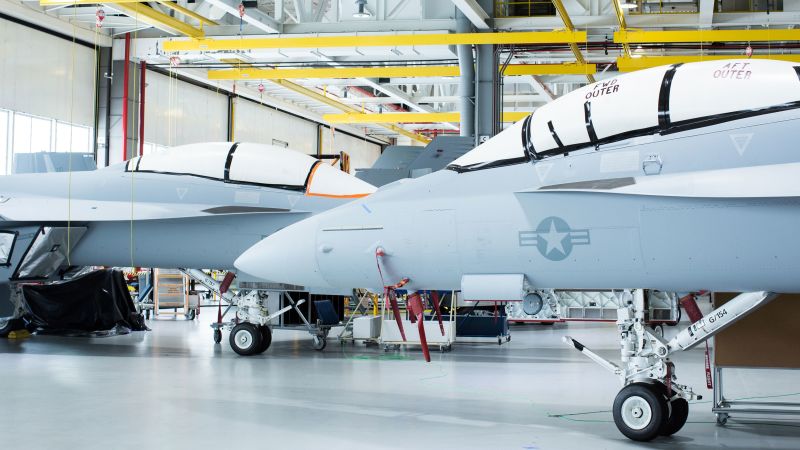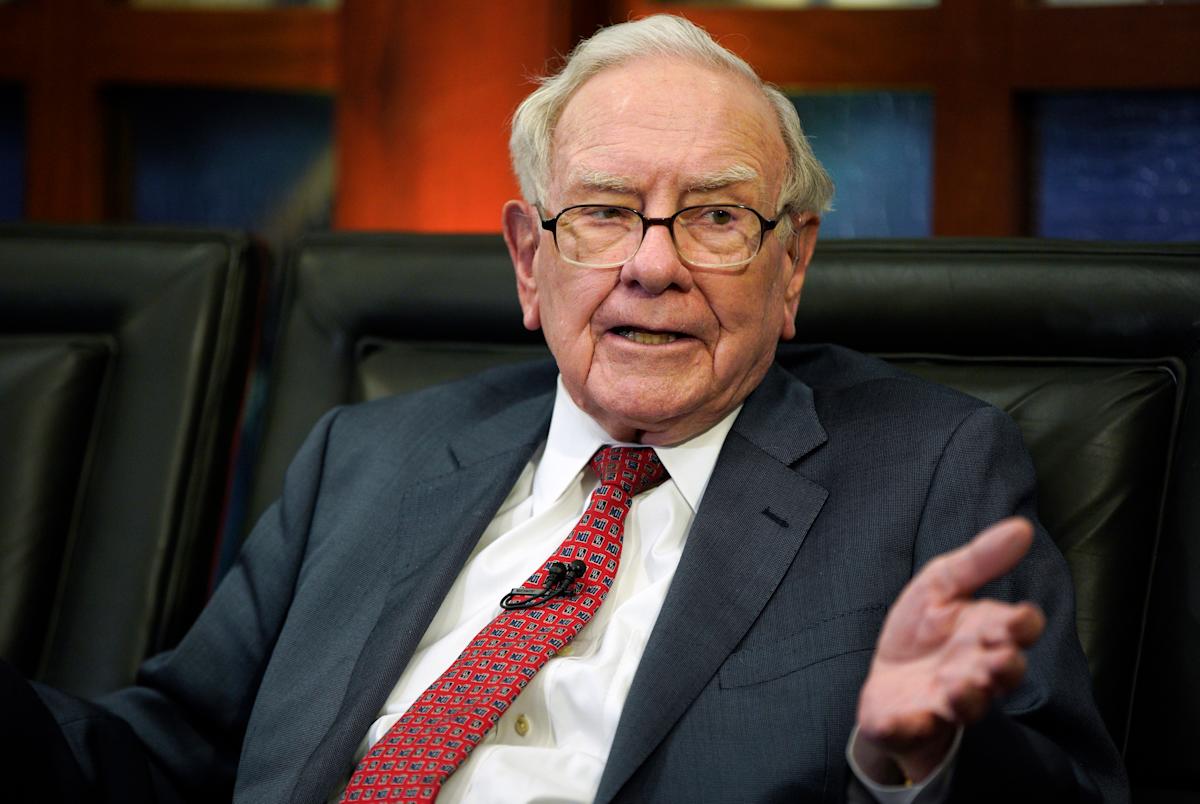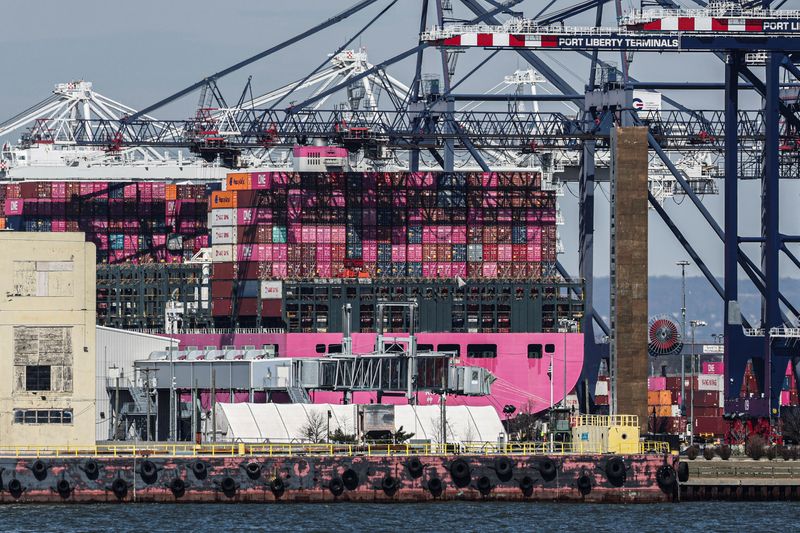1mins
Top News
Related Articles
People Also Watch

ADTX
Aditxt Inc
1.090
USD
+21.37%

SFM
Sprouts Farmers Market Inc
150.750
USD
+1.01%

XMTR
Xometry Inc
44.020
USD
-0.59%

IBIO
iBio Inc
0.595
USD
-4.50%

ELAB
PMGC Holdings Inc
1.910
USD
+2.14%

DRUG
Bright Minds Biosciences Inc
35.590
USD
+0.51%

PNTG
Pennant Group Inc
22.260
USD
+0.32%

PDCC
Pearl Diver Credit Company Inc
16.395
USD
+0.58%

PTC
PTC Inc
215.710
USD
+0.43%





